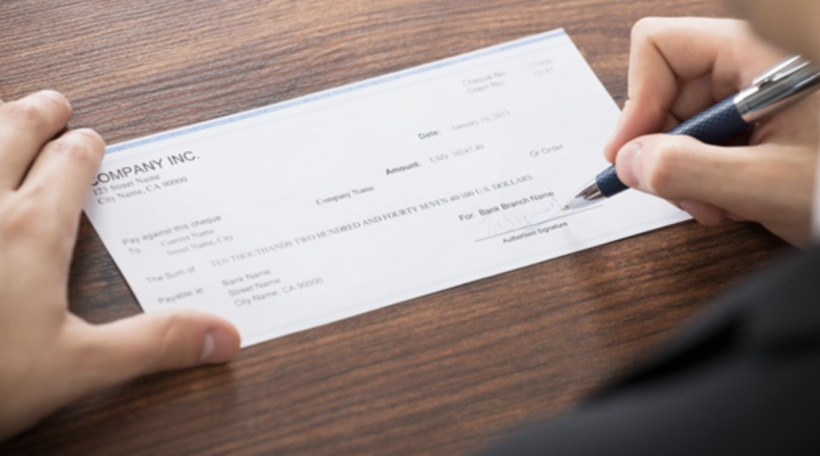Checkbook Registers are an excellent way to track all your payments. They are especially helpful if you make a lot of transactions or if you pay with multiple checks. A checkbook register helps you keep track of all your payments in one place and eliminates the risk of misplacing them. In addition, you can order checks online for available checkbook registers that you can choose from.
Keeping A Checkbook Register
There are several reasons why you should keep a checkbook register. First, keeping a checkbook register helps you keep track of your spending and balance your checkbook against the bank statements you receive. This type of record-keeping can be useful for tax audits or when you have a payment dispute. Another benefit is that you can review your checkbook register for past transactions.
Record Transactions
A checkbook register is a useful tool for keeping track of the balance of your bank account. It helps keep track of checks, electronic transfers, and other types of transactions. For example, you should record payments made on your debit card or automatic deductions from your paycheck. It also helps you track ATM withdrawals. If you don’t have a checkbook register, you can still record your transactions by keeping receipts and updating them later.
Checkbook registers are convenient and inexpensive to use. Most paper checkbooks come with a checkbook register. This book records each check number, date, payee’s name, and memo section. You can also use a spreadsheet or an online banking platform to keep track of all your bank transactions.
Record Interest
Checkbook registers are a great way to track your transactions. They allow you to record the total amount of a transaction and include a checkmark when a transaction posts to the bank. The columns for debits and credits can vary slightly depending on your preference.
The next step in keeping your records is to record any interest earned. You can do this by taking the interest applied to debits and adding it to the register. It would help if you did this for every debit and credit you made. You also want to record any fees and interest you pay. It is important to make sure you compare your check registers with your statements every two weeks.
Record Credit Amounts
It would help if you started by writing the current balance at the top of each page and then recording each transaction on a separate line. Write the check number, payee name, and amount in each line. Then, subtract or add the amount to the previous balance. You should also record any automatic deposits and withdrawals that do not have a check number.
Identify Bank Or Credit Card Errors
Checkbook registers can be an invaluable tool for identifying bank or credit card errors. These registers can help you find discrepancies in your bank statement and identify incorrect balances and transactions. You can find these errors by double-checking your account statements and checkbook registers. If you find any incorrect information, you should contact your bank to find out what went wrong.
Banks update your account in real time so you can see your transactions immediately. Checkbook registers are a great way to identify errors as they happen, and they can help you avoid overdraft fees. In addition to using a checkbook register, you can use a spreadsheet or budgeting app to keep track of your finances.
Laila Azzahra is a professional writer and blogger that loves to write about technology, business, entertainment, science, and health.
